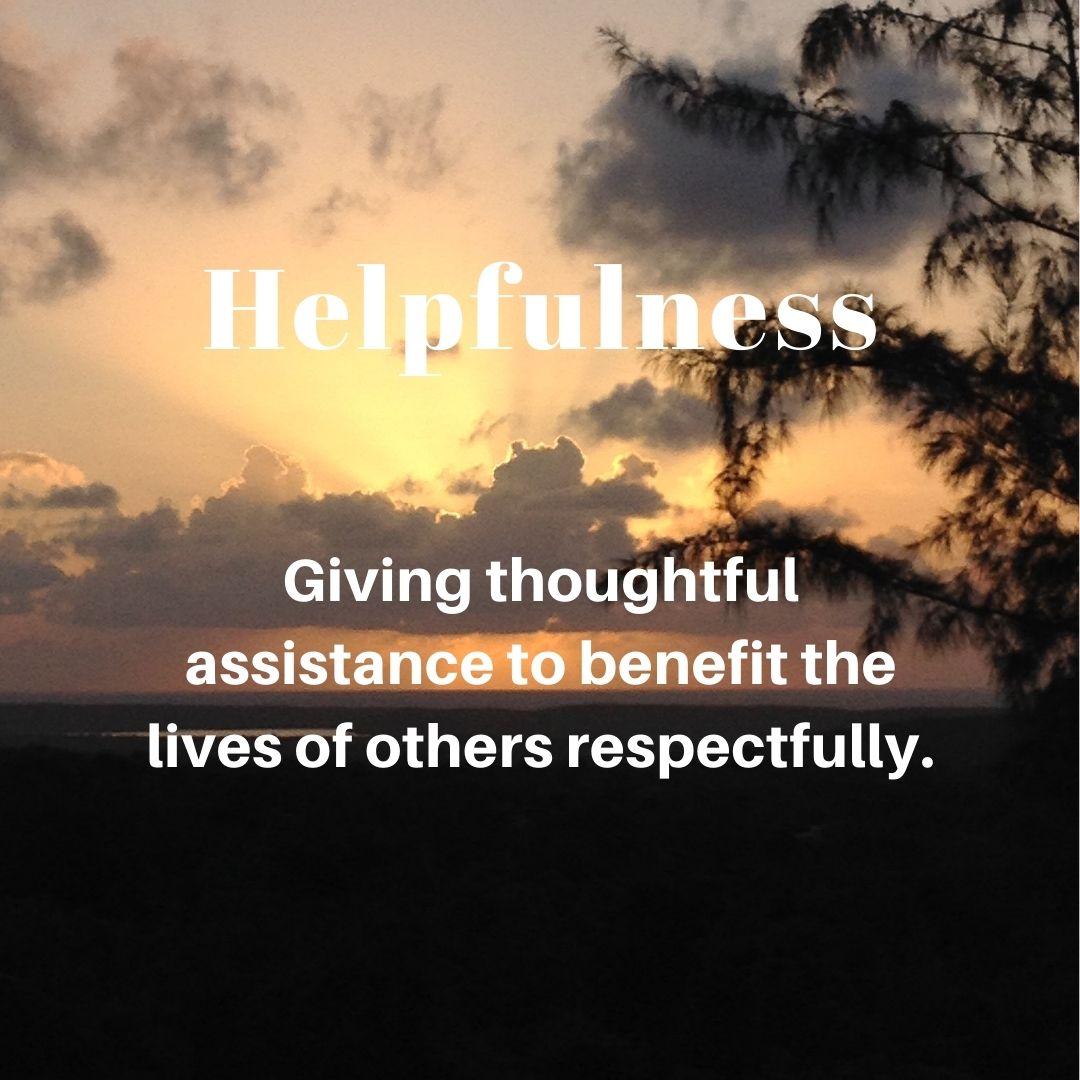
Fidelity

Description
Fidelity is abiding by an agreement, treating it as a personal covenant. It is remaining true to a cherished ideal no matter what happens to thwart our purpose. Marriage thrives when we fulfill our promise of absolute faithfulness to each other. In each relationship we form, fidelity keeps us scrupulously loyal. We avoid backbiting and casting blame. We call on our courage to resolve differences face-to-face. We are devoted to our employment and keep faith with a standard of excellence. We continually aim to be trustworthy. Fidelity keeps us on a path of true integrity.
Quote
“Many persons have a wrong idea of what constitutes true happiness. It is not attained through self-gratification but through fidelity to a worthy purpose.”
— Helen Keller
The Practice of Fidelity
- I honor my commitments.
- I stay true to my partner.
- I am loyal to those I love.
- I work out problems directly.
- I am meticulous in my work.
- I walk my talk.
Definitions and practices of virtue are used with permission from the Virtues Project™.
In Family Life
The virtue of fidelity in a family is exemplified through unwavering loyalty, trustworthiness, and commitment among its members. Demonstrations of fidelity within a family include family members supporting each other unwaveringly, upholding their obligations and responsibilities, and fostering transparent and sincere communication.
Fidelity within a family means standing by each other’s side during challenging times, offering support and understanding, and valuing the bonds of kinship above all else. It involves respecting the family’s shared values and traditions, upholding mutual respect, and consistently working towards the well-being and happiness of all family members, fostering a deep and enduring sense of unity and belonging.
Balancing Fidelity
To create a healthy balance of fidelity, several virtues come to our aid:
-
-
- Flexibility: Flexibility complements fidelity by allowing individuals to adapt to changing circumstances without compromising core values or commitments. It encourages openness to new perspectives and the willingness to reassess agreements when necessary, fostering resilience and growth.
- Compassion: Compassion tempers fidelity with empathy and understanding, encouraging individuals to consider the needs and feelings of others in their commitments. It promotes forgiveness and reconciliation, strengthens relationships, and fosters a sense of interconnectedness and mutual support.
- Courage: Courage bolsters fidelity by empowering individuals to confront challenges and conflicts head-on rather than succumbing to avoidance or evasion. It instills the bravery needed to uphold commitments in the face of adversity, inspiring trust and confidence in others.
-
By cultivating these virtues in tandem, we can navigate the complexities of loyalty and commitment with grace and resilience, fostering deep and meaningful connections while staying true to our cherished ideals.




